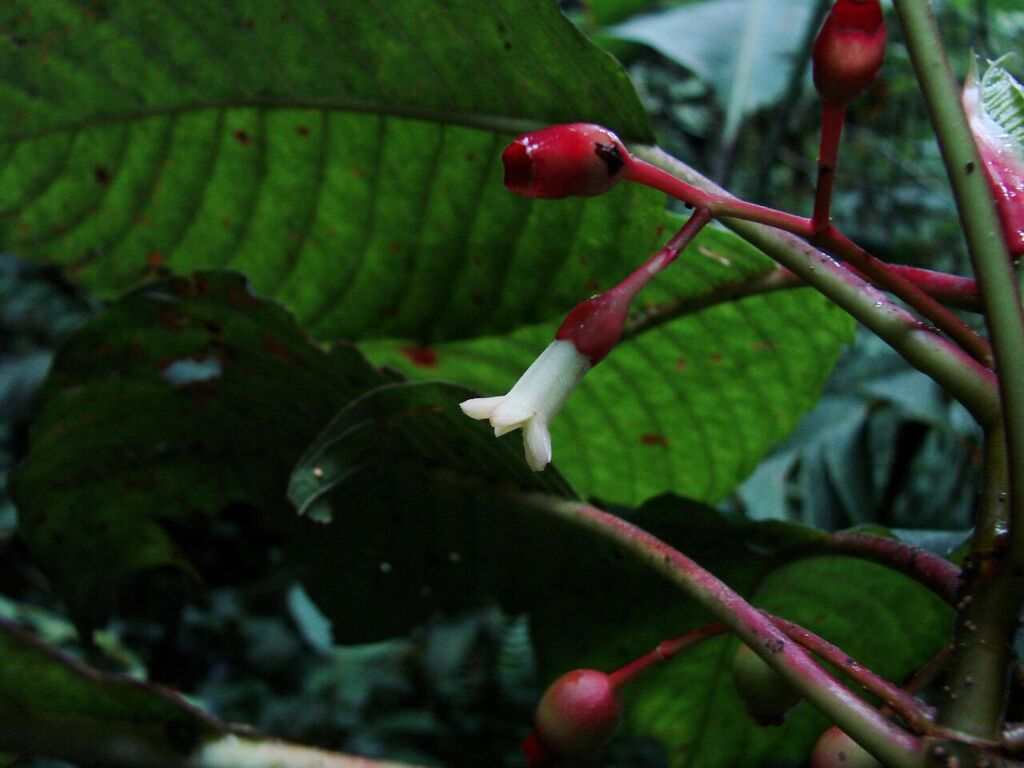Botanists from Trinity College Dublin, led by Dr Daniel Kelly, Professor Emeritus in Trinity’s botany department in the school of natural sciences, have discovered a new species of tree from the coffee family.
The discovery happened during an ecological survey in Honduras coordinated by Operation Wallacea, an international organisation that deals with biodiversity and conservation management research programmes
The tree, named Sommera cusucoana after the Cusuco National Park in which it was found, is 10 metres tall, with cream-coloured flowers and cherry-like fruits and has not been found growing anywhere else.
The species which was found just 500m from clear fell logging sites, has been immediately placed under the critically endangered banner of the International Union for the Conservation of Nature (IUCN).
Dr Kelly said: “This was a somewhat fortuitous discovery. I had simply wanted to demonstrate how to collect and record a specimen of an unknown plant. My eye caught a tree with big leaves and cherry-red fruits that was growing right beside my tent.”
Their discovery was unknown to them at the time and it was only two months later that Dr Charlotte Taylor, of the Missouri Botanical Garden, suggested it might be a new species. Dr Kelly said: “She passed us to Dr David Lorence, based in the National Tropical Botanical Garden in Hawaii, who, a few weeks later, confirmed that our find didn’t correspond with any known species of Sommera from Honduras – or from anywhere else. We had struck gold!”
However the fact that this species was immediately categorised as under threat highlights the growing concern among conservations about the rate at which extinctions are occurring, often due to human intervention in ecosystems.
Dr Kelly added: “This tree epitomizes the plight of so many species today. This is just one of a number of plant and animal species that are known just from this National Park – and nowhere else in the world. The site where it is growing is also the location of another plant species new to science, also discovered by Trinity’s Forest Botany team. Swathes of forest were felled in this area in 2011-13, and our site was literally within earshot of the chainsaws!”
He also spoke about the about the huge potential loss for humanity that these extinctions pose, saying: “We still know little about this plant, and nothing at all about its possible uses – are those cherry-like fruits edible or poisonous? What secondary compounds are contained in that lush foliage, and could they have medicinal uses – like quinine from the related Cinchona? There is a real danger that this and other species will be lost to the world before they have even been properly investigated. Exploring the rainforest is not just fascinating; it is really, really urgent.”







